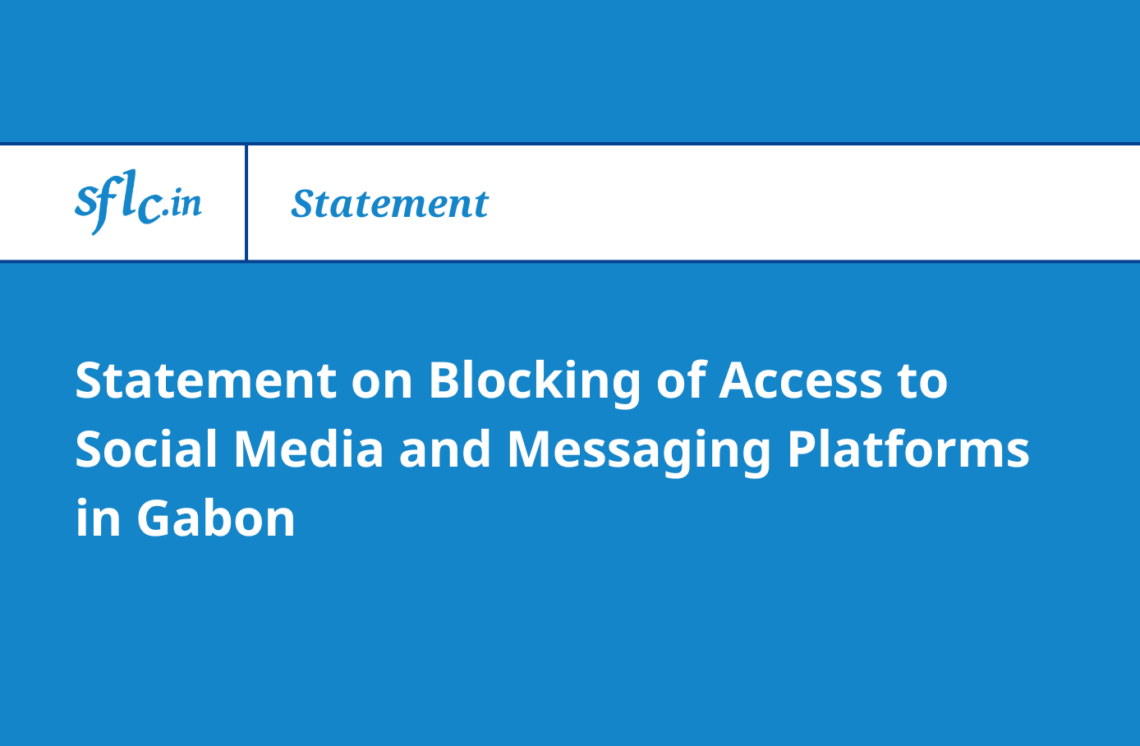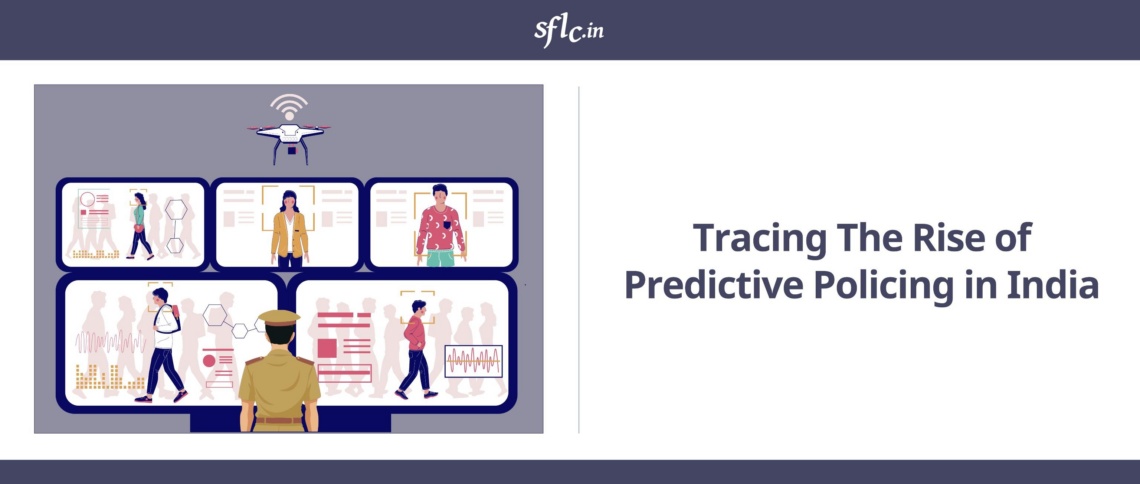Today, on Day 7, Senior Advocate Shyam Divan continued reading affidavits of Siraj Dutta from the previous hearing to emphasize on the point that, Aadhaar has led to exclusion, death and loss of dignity. He also stated that ‘real choice’ formulates realm of a true democracy and Aadhaar ecosystem leaves people with no alternative method for identification.
When Justice D.Y Chandrachud queried about the rate of penetration of the internet in India today to understand the points of information leakage in Aadhaar database. Mr Divan replied saying that the Aadhaar insubstantially prevents misuse and leakage. He further pointed out about the PoS machine’s ability to memorize, which enables it to work at any other place where there is a source of internet, allowing leakages of data.
Justice Chandrachud stated that despite of Aadhaar, the citizens continue to rely upon the PDS distributor. He further remarked that the above-mentioned argument does not in itself suffice a constitutional ground however Aadhaar is capable of exclusion and might be a ground under Article 14.
Mr. Divan then submitted that Aadhaar does not allow people with an option to opt-out. If a person has given her biometrics, she should have a concomitant right to opt out. He referred to affidavits from different states including Meghalaya which enlist reasons as to why the people do not wish to continue with Aadhaar and wanted to opt out of Aadhaar and have all their enrolment and authentication records deleted.
Justice Chandrachud intervened questioning about the status of enrolment in North East. Mr Divan responded that the enrolment process in North-Eastern states is very slow. As a result, there is an exemption from Aadhaar in North-Eastern states.
Mr. Divan then read out another affidavit of Dr. Rakesh Mohan Goel. He further emphasized upon the inherent design faults in the Aadhaar infrastructure. There was a mention that the biometrics can be stored and shared by the agencies in the Aadhaar ecosystem. The audit report annexed with the affidavit also laid down six ways of hacking into Aadhaar database and that UIDAI would have very little control over this. He also referred to Rakesh Goel’s affidavit and said that private entities can easily avail, store and log biometrics of Indians enrolled with Aadhaar.
Justice Chandrachud then questioned about the procurement process of authentication machine and whether anything like a credit card fraud is possible with Aadhaar. Mr. Divan responded to it saying that UIDAI lists out specifications for devices, however purchases are privately made. In order to reply to question of fraud, Mr Divan referred to Rakesh Goel’s academic article to explain the possibility of fraud with Aadhaar. He further stated that the basic design of Aadhaar is so faulty that the biometrics cannot be protected. Between the procuring data and encrypting the biometrics, there is always a point where the biometrics can be hacked. He also said that Aadhaar is a safety and security issue.
Mr. Divan then cited news report from Surat and explained the ease with which fingerprints can be cloned. He also mentioned an RTI reply from 2017, which said that 6 crores 23 lakhs enrolments have been rejected due to biometric duplication. In the light of this RTI, he pointed out that since the Aadhaar authentication system is based on probabilistic method, with expansion of the database rejections will also increase. He also read an affidavit from Reetika Khera which talked about biometric authentication failure at a tribal school, as a result of which students were not marked present. He further stated that they are creating records for an entire lifetime, starting from school without any statutory sanction.
Mr. Divan then moved to address the question of personal autonomy of an individual and how can one exercise the same in digital space. He read out the chapter on the right to bodily integrity from Oxford Handbook of Jurisprudence which mentions that individuals have an innate right over their bodies. He furthered upon this saying that every individual is a self-authenticating source of valid claims and every individual that exists in flesh and blood is elemental to Article 21. He also said that, where the state has legitimate interests in identifying, such instances should be clearly and narrowly defined. Senior Advocate ended this submission with Mahatma Gandhi on the Transvaal Ordinance mentioning “this degrades free individuals.”
Mr. Divan then started with his final submissions. He started with saying that personal autonomy is at stake and to ensure personal autonomy, biometrics are required to be protected. Then, he raised the point of trust between citizens and State, mentioning that the programme was against dignity of the individuals. He also raised the point of rule of law and the way this program was initiated and executed. Lastly, he spoke about state surveillance.
With this submission Senior Advocate Shyam Divan concluded his arguments.
Senior Advocate Kapil Sibal, who is appearing on behalf of petitioners in W.P. (C) 841/2017, W.P. (C) 966/2017 and I.A. No. 122999/2017 in W.P. (C) 1014/2017, then commenced his arguments.
He began with highlighting the importance and far-reaching consequences of the case. He stated that even children are required to have an Aadhaar. He stated that information is the most important tool in the world. Mr. Sibal said that he agreed with the Statement of Prime Minister Narendra Modi made in Davos that he who controls the data, controls the world.
He argued that Aadhaar Act was akin to a Right to Information Act for citizens to make individuals rather than State transparent and accountable. He argued that every technology is prone to hacking and there is no technology that is safe in the world. He further stated that there is no technology in the world that has not been misused. He remarked that a technology that can benefit the mankind can destroy it as well. Coming to the present case, he stated that there is no other case which has such broad ramifications impacting not just the individuals but also the future of the country.
Mr. Sibal then submitted that in case of Aadhaar, an individual has no choice- to show alternative means of identity. He stated that the heart of Article 21 is choice which is absent in the present legislation. He further stated that as per Article 21, the process and substance of any measure undertaken by the State must be reasonable. However, he said that this programme was procedurally unreasonable.
Pointing out the ramifications that Aadhaar will have on criminal justice system, Mr. Sibal pointed out that the State will already have all the data necessary to incriminate an individual, thus effectively wiping out Article 20(3) of the Constitution.
Mr. Sibal then put forth his critical propositions as under:
-
The digital world is far more susceptible to manipulation than the physical world.
-
No legislation can or should allow an individual’s personal data to be put at risk in the absence of a technologically assured and safe environment.
-
Such level of assurance is impossible to obtain in the digital space.
-
Biometric, core biometric and demographic info of an individual, once part of the digital world is irretrievable.
-
The digital world is a vehicle to benefit the information economy.
-
The move from an information economy to creating an architecture for an information polity has far reaching consequences impacting the most personal rights, protected by the right to privacy.
In response to a query of Justice Chandrachud on mandatory nature of Aadhaar, Mr. Sibal read out Section 3 stating that Aadhaar is an entitlement. He further read Section 7 of the Aadhaar Act and said that this particular provision makes Aadhaar mandatory.
Justice Chandrachud pointed out that Section 7 only covered the benefits, services whose expenditure was incurred from the Consolidated Fund of India while for rest Section 57 was in place. Agreeing with this observation, Mr. Sibal referred to the parallel legislations including Income Tax Act, PMLA rules which make Aadhaar mandatory. He stated that these were not enacted under Section 57.
Reading Section 8 of the Act, he stated that consent is fully illusory. He said that the Central Identities Data Repository (CIDR) is controlled by a foreign entity.
On being asked by Justice Chandrachud as to who is a requesting entity, Mr. Sibal responded that anyone could become a requesting entity who submits authentication requests.
Justice Chandrachud remarked that there Section 8(3)(c) provided for alternatives and did not make Aadhaar to be requested mandatorily. Mr. Sibal responded that Section 8 provided only 3 alternatives- biometric, core biometric or demographic information. However, Bench disagreed with such an interpretation, to which Mr. Sibal said that this is not an act for alternatives but an act for Aadhaar.
Mr. Sibal then questioned on how could an Aadhaar number tell whether an individual is a terrorist or a money launderer unless it provided more information about the individual. He further read out the authentication regulations specifying the authentication data to be stored and questioned about the ‘metadata’ that was also required to be stored.
Referring to the Aadhaar enrolment and update regulation, he questioned if it were a money bill.
Mr. Sibal referred to the Bench’s observation that possibility of misuse of power is no ground for unconstitutionality, saying that this was an exception to it. Finally, he stated that this case involves very unique issues and unless one understands the power of technology, one cannot decide them.
The hearing will continue on Wednesday, 7th February, 2018.



